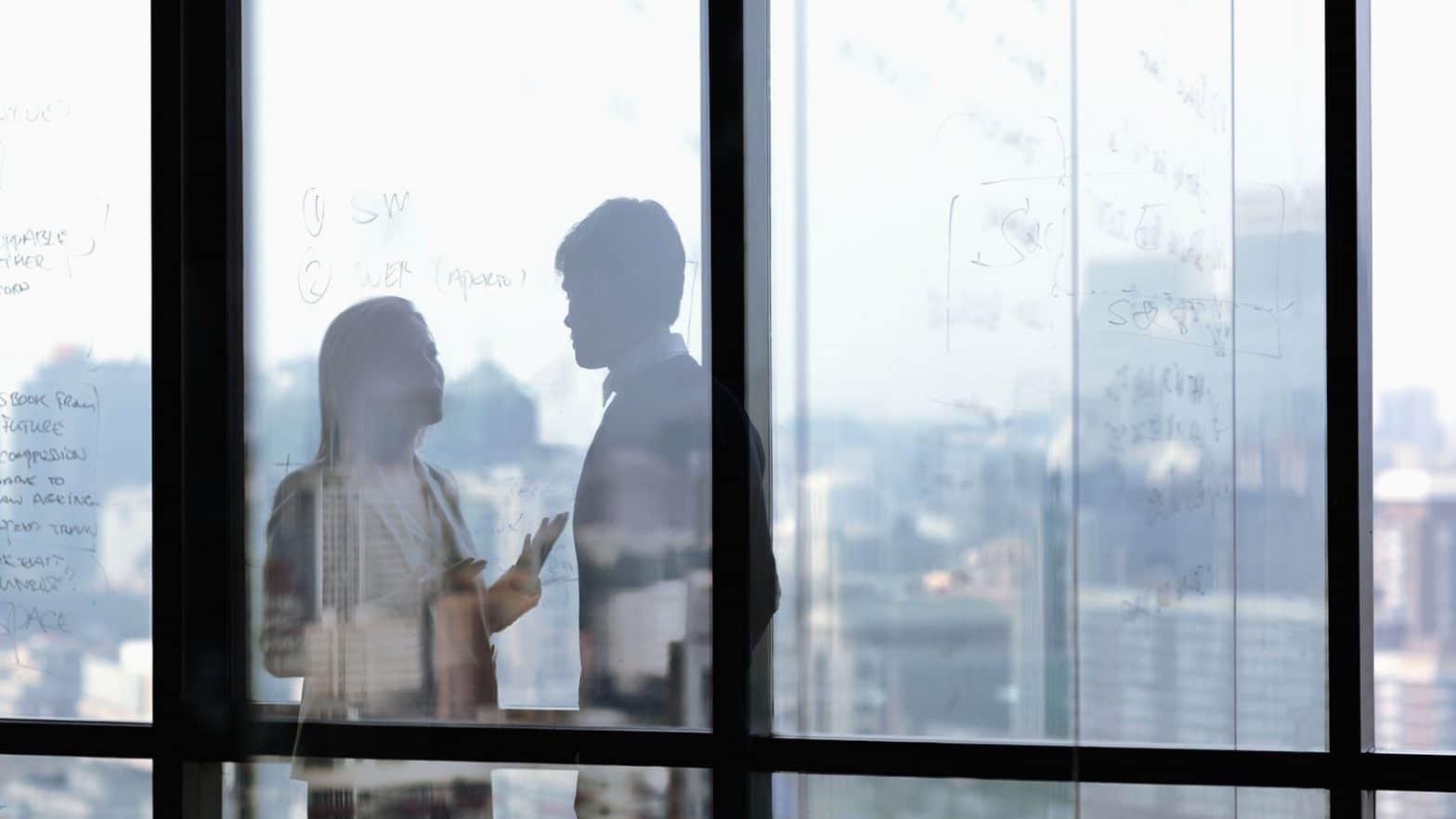
Can I record my ex-partner behaving badly and use it in court?
We live in an age where our smartphones are never far from reach and they can record our entire lives, should we wish them to. This changes the world of divorce and relationship breakdown quite profoundly. Disputes traditionally kept behind closed doors can now be brought out into the open as former spouses and partners bring their phones to an argument or in order to capture damning evidence of the other party’s behaviour.
Our clients frequently come to us with secret recordings of their ex-partner, children or even professionals such as social workers. Lawyers must carefully consider how to deploy video or audio evidence. However, attitudes in the family legal profession to covert recordings can sometimes seem far from clear.
Examples cases with secret recordings
In December 2018, the Family Justice Council debated the issue and concluded that there could be circumstances where a recording could be of value to a court but in other cases, it may demonstrate attempts to control by the recording party and it may have a negative impact on the welfare of the child.
The Association of Lawyers for Children argues that covert recordings of children should rarely, if ever, be admitted as evidence in family proceedings.
Parties can apply for covert recordings to be admitted as evidence in the Family Court but there is no presumption this should be allowed. It will be within the discretion of the judge to decide whether covert recordings are admissible.
Covert recordings and domestic abuse
We have found that covert recordings have been of particular use in shining a light on domestic abuse. It can have a dramatic and profound effect on the outcome of a case. However, it would be wholly wrong to presume that a Family Court judge will only believe and act on an allegation of domestic violence or abuse if there is recorded evidence. The vast majority of domestic abuse incidents take place well away from recording devices and it is simply not possible to turn on a smart phone in the middle of an incident in which domestic abuse is being perpetrated.
Can it go wrong?
And it is easy for well-meaning people to get it wrong. We have seen in our own cases how the presence of a covert recording devices can lead to a nasty incident lasting longer than it should, so prolonging distress felt by a child.
In one reported case, the Family Court adjourned a hearing where there was a misuse of covert audio recordings resulting in a six month delay. The judge in that case said “The production of audio and video material in family proceedings is now a frequent occurrence and there are obvious issues surrounding editing, quality of any transcription, production of original footage and wider context which must be case managed in advance of a trial. Even if that is not a matter of law … it is quite obvious from a practical perspective.” Complete recordings should always be disclosed and cherry picking edited highlights will likely result in delay and wasted cost.
In another case, the judge criticised a parent for placing a covert recording device on a child, saying “It is almost always likely to be wrong for a recording device to be placed on a child for the purpose of gathering evidence in family proceedings, whether or not the child is aware of its presence.” Nevertheless, in that case the Family Court ruled that the recordings could be admitted as evidence on the basis that they were “so extensive that it would be unreal to exclude them”. The father had sewn a recording device into his daughter’s clothing and the recordings were demonstrative of the fact that the father could not meet his daughter’s emotional needs.
Principles of covert recording for evidence in court
Case law continues to develop and the position remains far from consistent. Some principles have emerged from recent case law, and generally, the Family Court will ask itself two questions.
- Is the evidence relevant to the legal or procedural issues at hand?
- Is the evidence an accurate representation of the whole conversation i.e. is it clear that the evidence has not been manipulated or tampered with in some way?
Each case will need to be considered on its facts. But, if you are considering using covert recordings to gather evidence in a family law case, we always recommend taking advice from a specialist family lawyer before you do so as you need to minimise the risk of the court taking a dim view and imposing an adverse outcome that you do not intend.
How we can help
If you would like further information on divorce or child arrangements, then please contact our expert family law team either by calling us on 01892 506191 or get in touch by completing our contact form.
Talk to us about
Related services
Related services







